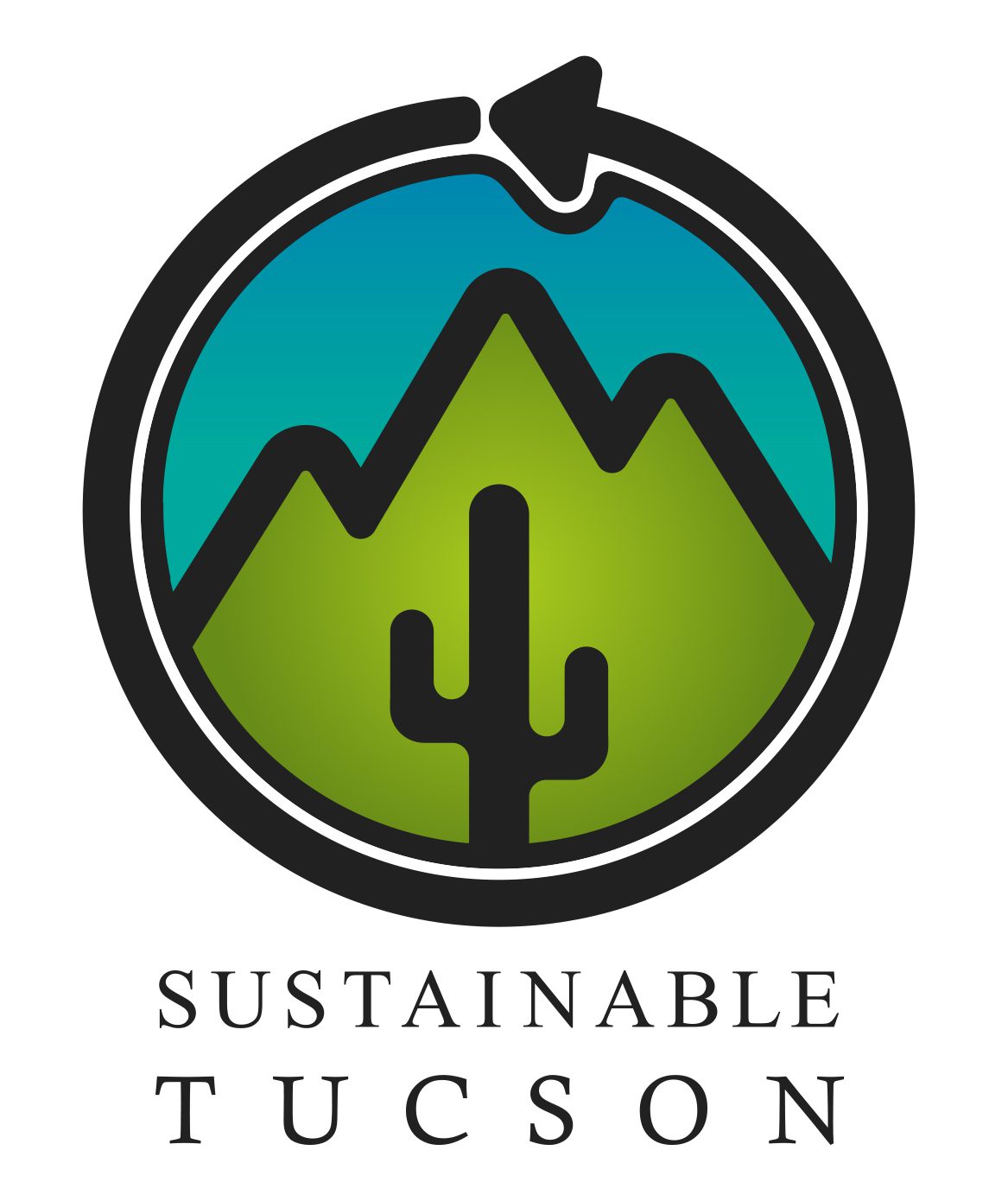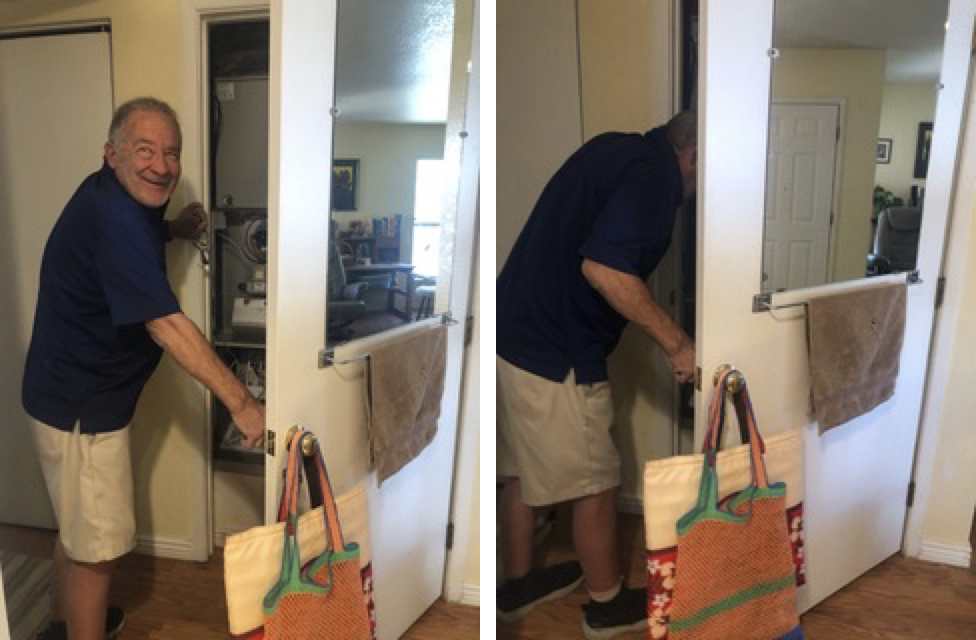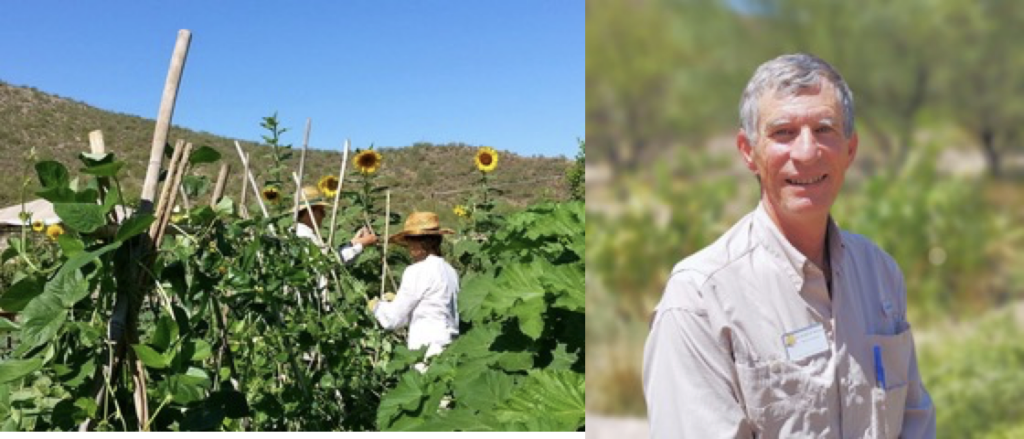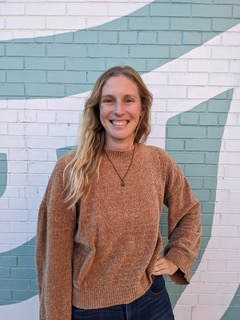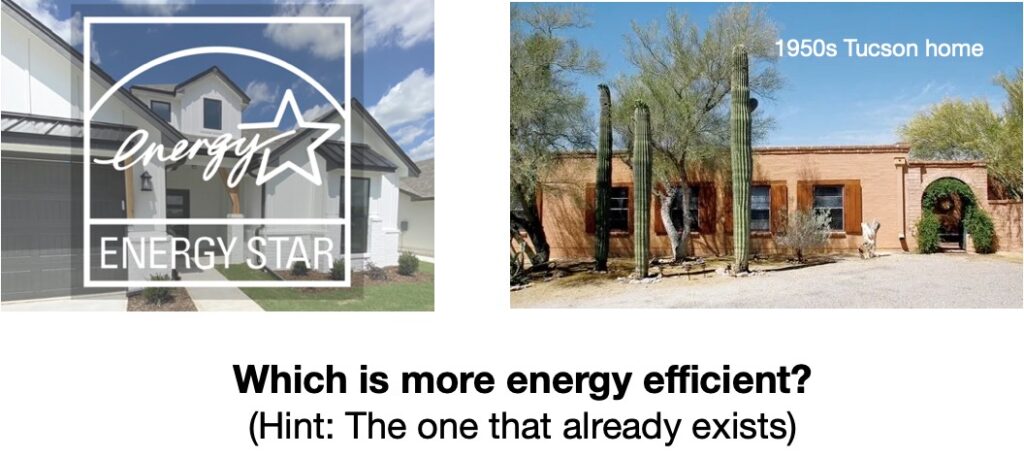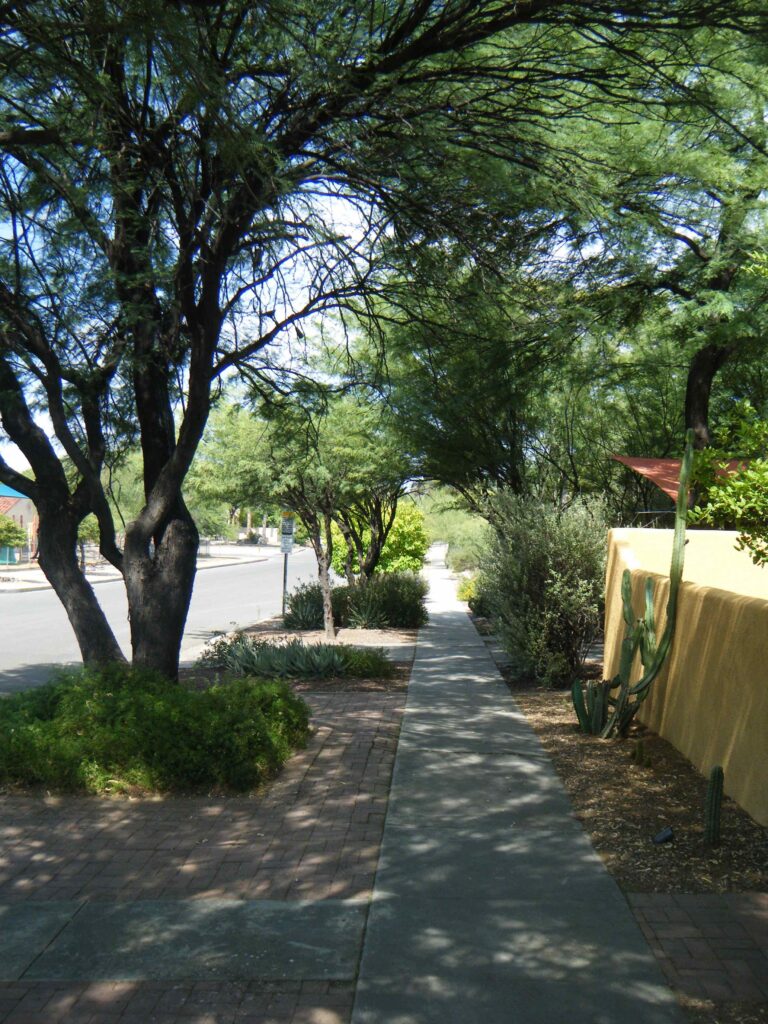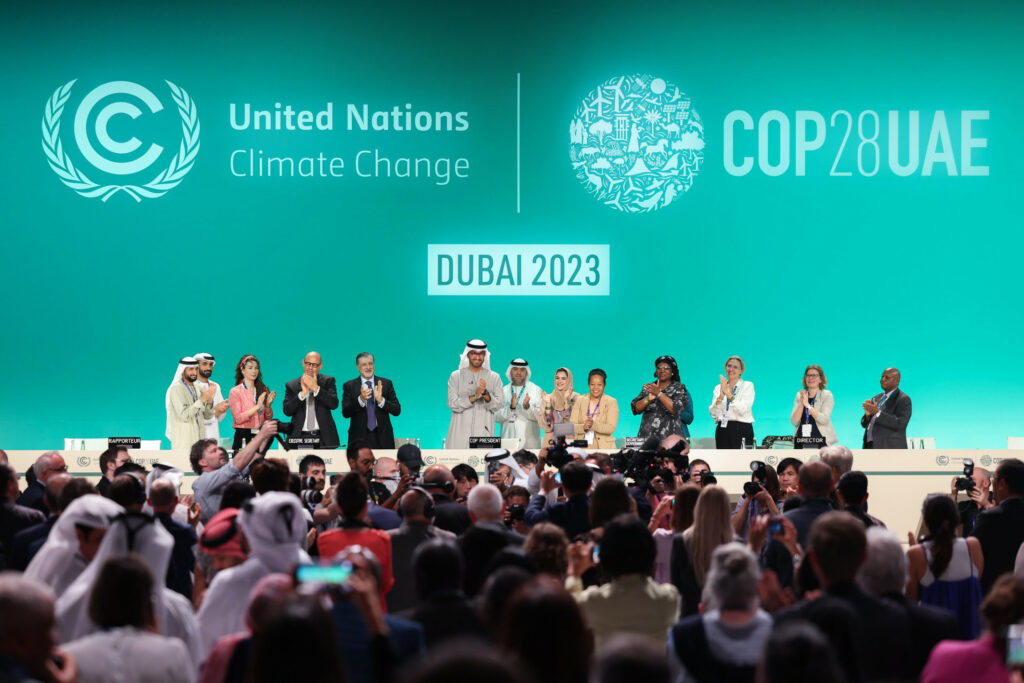Desert Fishes of the Southwest
| We’re back – live and in-person (with hybrid option)! Join us on Tuesday 7/9 – at the Ward 6 office OR online – for our first hybrid version of the Sustainable Tucson monthly meeting. Doors open at 5:30, and the Zoom room opens at 5:50. Address: 3202 E 1st St, Tucson, AZ 85716. The office is on the corner of 1st St and Anderson (across the street from Walgreen’s. Just one block south of E Speedway, and one block east of Country Club, it’s an easy walk from the Sun Tran bus #4. If you drive, parking tends to be easy along both 1st and Anderson. Zoom link: https://us02web.zoom.us/j/81181983327?pwd=AVHWKXw51lG3YORFz840Ev2TGapVOF.1 |
Tuesday, July 9, 6:00-7:20 pm

We’re back – live and in-person (with hybrid option)!
Join us on Tuesday 7/9 – at the Ward 6 office OR online. Doors open at 5:30, and the Zoom room opens at 5:50.
Address: 3202 E 1st St, Tucson, AZ 85716.
Zoom link: https://us02web.zoom.us/j/81181983327?pwd=AVHWKXw51lG3YORFz840Ev2TGapVOF.1
In the age of habitat loss and climate change, fish play a vital role in the web of life. Our Southwest region consists of aquatic islands, surrounded by desert. We have trout up in the mountains, other fishes on the Mogollon Rim, big species living in the Grand Canyon. The culture and ecology of fish in Arizona is full of complexity. For example, sport fishing brings $1 billion into our economy each year, yet sport fish deplete native fish by eating them. Other threats to native species include climate change, groundwater pumping, and other forms of habitat disruption.
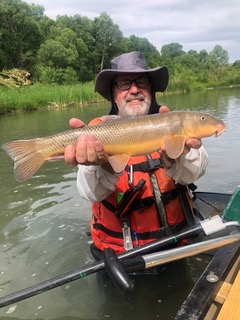
Scott Bonar is a Professor of Natural Resources at UA and Leader of the USGS Arizona Cooperative Fish and Wildlife Research Unit. He has conducted award-winning work in natural resources programs of state and federal government, universities, and private industry for over twenty-five years, authoring over 100 publications and supervising over eighty employees.
Scott has also authored a book on people skills for natural resources professionals. The journal Ecology called it a “must read.” He enjoys working with fish managers and administrators on practical problems in fisheries management as well as the human dimensions.
Topics he will cover: A Who’s Who of desert fishesWhat fish give to the ecology and the economyFactors affecting desert fishesWhat we can do (or avoid) to protect and restore their populations
Join us for a fascinating foray into the fisheries of the Southwest!
